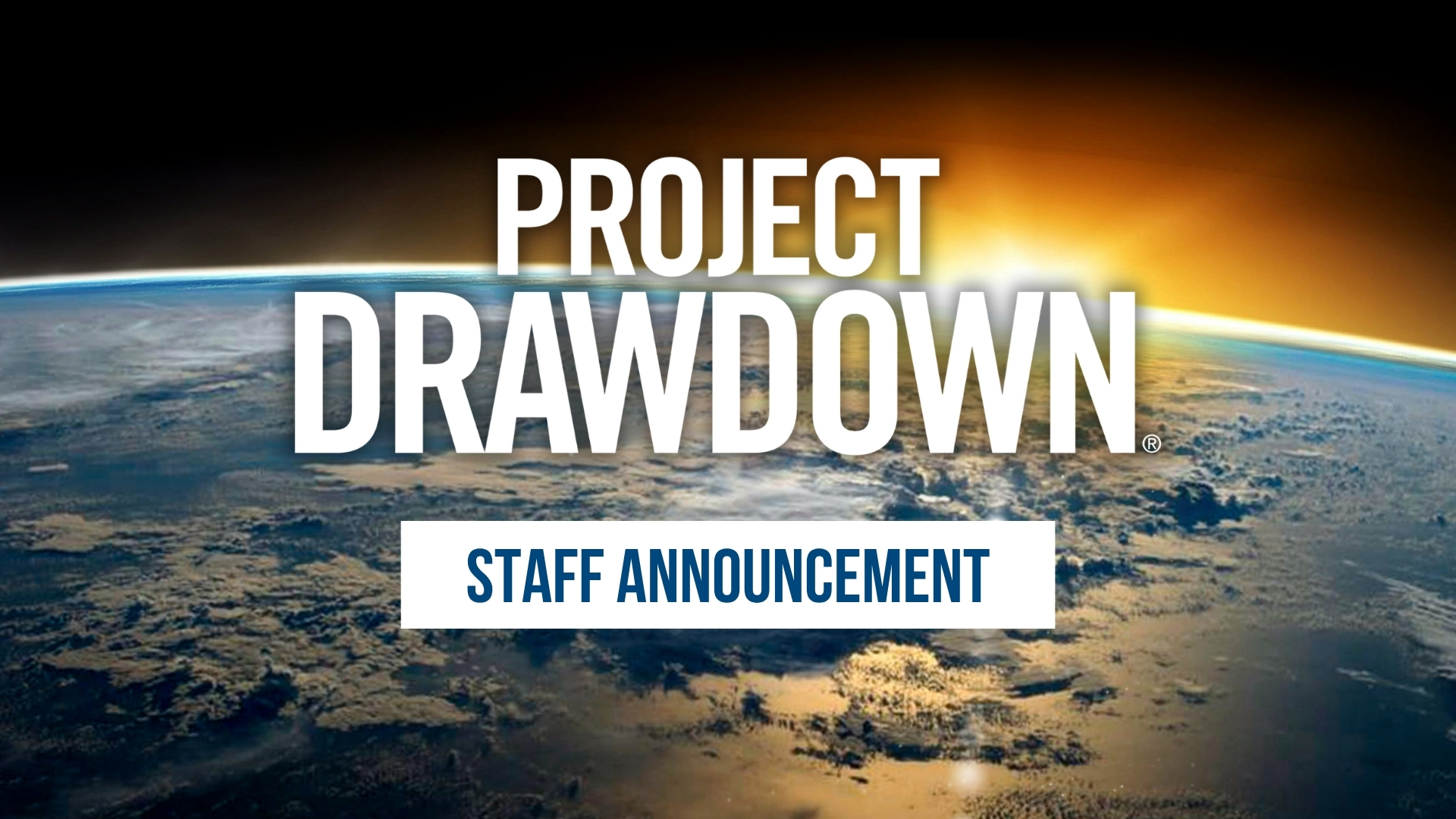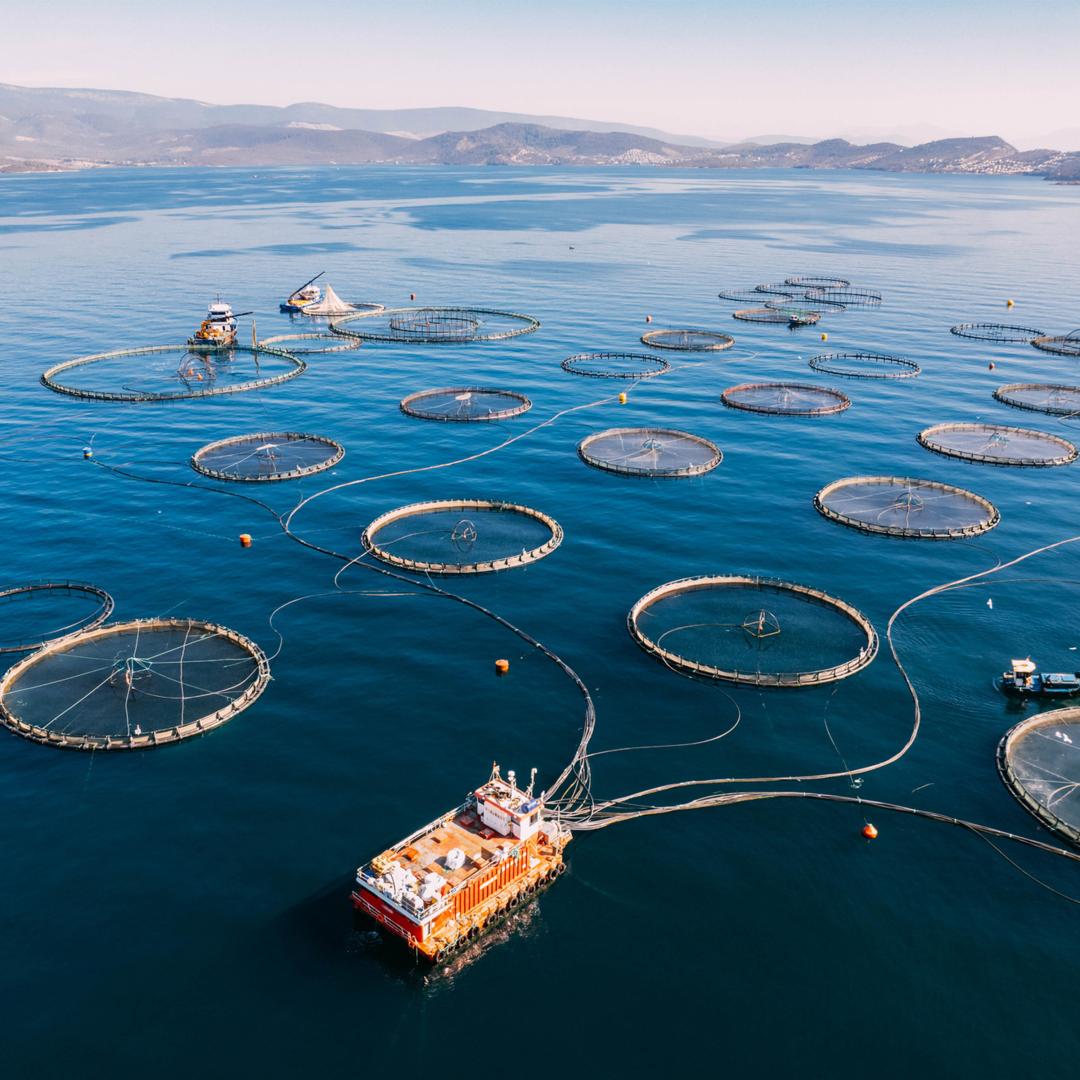“To meet the urgency of the moment to halt climate change, we must deploy the most effective climate solutions at speed and scale – and these must be based on science,” Bielawski says. “Project Drawdown continues to lead the charge on science-based solutions. I'm thrilled to be joining the leadership team to envision and build ambitious partnerships with businesses, investors, and philanthropists. Together, we will work to scale what is scientifically proven to work, aligning capital and decision-making with the most impactful levers of change.”
Project Drawdown welcomes Amanda Bielawski, Ph.D., as director of global strategic partnerships
With more than 20 years of experience leading and advising nonprofits, businesses, private sector leaders, and multilateral institutions, Bielawski will help Project Drawdown’s strategic partners utilize cutting-edge new tools, such as the soon-to-launch Drawdown Explorer, to maximize the impact of every dollar, second, and resource they invest in climate action.
“We couldn’t be luckier to have Amanda join Project Drawdown, particularly at this moment,” says Project Drawdown Executive Director Jonathan Foley, Ph.D. “From heading impact strategy at one of the world’s top water sustainability think-tanks to advising the United Nations on global sustainability initiatives, she is just the interdisciplinary and visionary leader we’ve been looking for to build innovative partnerships that drive the adoption of climate solutions and strategies around the world.”
To learn more about Amanda Bielawski, read her bio on our staff page here or reach out to press@drawdown.org
About Project Drawdown
Project Drawdown is the world’s leading guide to science-based climate solutions. We conduct rigorous science to identify the most effective climate solutions and strategies and share that science in actionable, compelling ways through stakeholder engagement and powerful storytelling. Project Drawdown is an independent, non-partisan, 501(c)3 nonprofit funded by individual and institutional donations.

Project Drawdown is thrilled to announce that Amanda Bielawski, Ph.D., MBA, will be joining our world-leading nonprofit as the director of global strategic partnerships.
In this instrumental role, Bielawski will develop and steward partnerships with leading businesses, philanthropists, and impact investors as Project Drawdown seeks to drive meaningful climate action by advancing science-based solutions and strategies.




